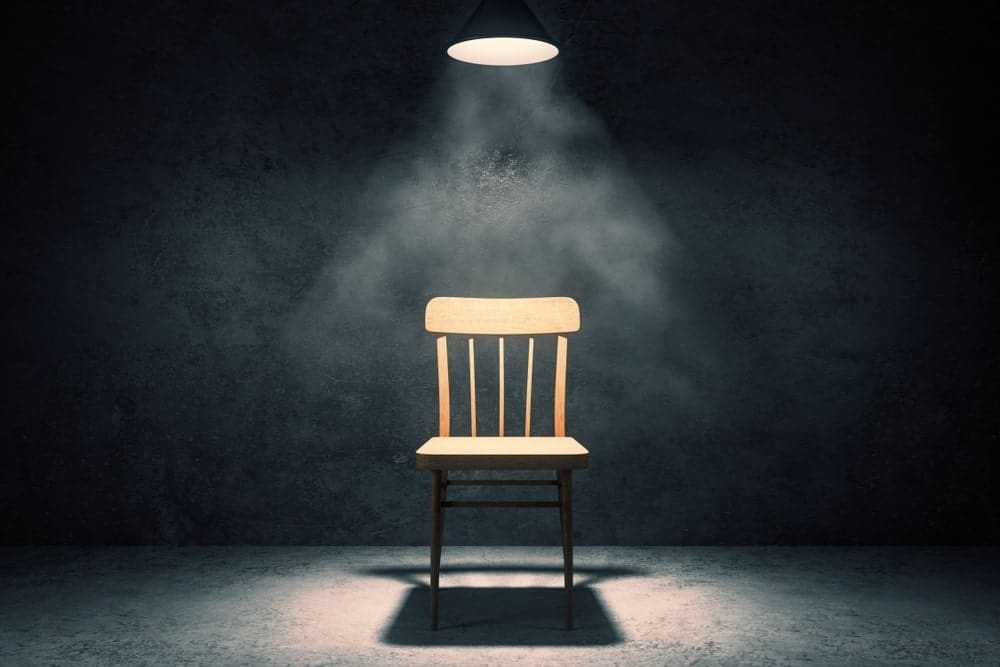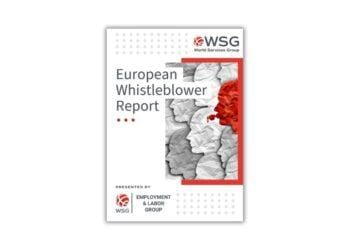As the news of the day should make clear, whistlblowing is never an ideal proposition. Even with legal protections in place, whistleblowers face a host of risks. Marcy Maslov shares her personal story as a whistleblower.
Whistleblowing is hard in the best of circumstances. Having made the choice to report unethical and illegal activities and almost getting myself killed for it, I should know.
In the current environment, with threats of treason and execution and a loss of anonymity, I can’t even begin to fathom what today’s whistleblowers are dealing with mentally and physically. Just saying we disagree with someone’s opinion on social media can generate thousands of hurtful hate messages – ones that can’t be “unseen” once posted. What I can tell you is that reporting unethical, illegal activity that you witness or learn about is much more than simply filing a report. It changes your life. Forever.
I became a “whistleblower” before there were the current “protections” of written law. Technically, the term “whistleblower” only applied to federal workers when I reported that a senior leader had killed two people, was stealing money from the company and raping the girls in the plant.
I essentially went through the same process today’s whistleblowers are following to make their decisions to speak or stay silent, and someone figured out that I was the reporter and followed me home one night with the intent to get rid of me and my “interference.” So much for thinking the promise of anonymity or a special “hotline” would actually protect me. Stupid, naïve me. I’ve learned to be more careful in choosing who to work with and for.
It takes an enormous amount of courage to report what you believe to be inappropriate behavior and actions. Most people don’t. Too many people are afraid of losing their job or being retaliated against. With good reason. Bullying, abuse and retaliation are all too frequent in today’s world, so most people find it easier to just stay silent.
But for those people who are hurt by unethical and illegal actions, staying silent is like being complicit in the abuse of power. I could not turn a blind eye to the abuse.
Those of you who have heard me speak publicly have probably heard my story. At least part of it. What I don’t usually tell people is the process by which I decided to report to company officials or the feeling I had when I found myself staring down the wrong end of the barrel of a gun. These experiences are etched permanently in my mind. And they helped me to create my ethics game as a safe space to recognize ethical dilemmas and learn how to solve them. If you want to know more about this and get a peek inside my thoughts, read my latest blog. If you’re considering becoming a whistleblower, read on.
So, let’s understand what it really takes to be a whistleblower.
It takes courage, as I already mentioned.
It takes professional judgment to truly understand what should be reported versus what is simply a breakdown in business relationships or corporate culture.
It takes strong ethical and moral fiber to stand by your word when you make your report, because people you thought were your friends or supporters will try to tear you down.
It requires a strong support system to provide you with the proper guidance on what to say and do.
And it takes a willingness to make a sacrifice for your ethical standards – in other words, you must be willing to do the right thing as you see it. Not just for yourself, but for others who are being hurt by the inappropriate action you believe should be stopped.
This last bit, the part about “not just for yourself, but for others who are being hurt,” is why people take the plunge into the lion’s den of whistleblowing.
The question I put forward now is why the hell would anyone volunteer to be tortured, abused, punished or retaliated against for coming forward and reporting illegal or unethical behavior unless there were sufficient facts to support the allegations of wrongdoing?
I can’t answer this for anyone else, but a significant number of 18-year-old girls were single mothers where I worked when I reported the abuses of power, and I was grilled like I was on trial for murder when I reported this. What made my own situation worse was that I learned afterwards that my leaders knew about the abuse prior to my report and did nothing about it.
If you are a leader or responsible for governance of your organization, you should take any allegation seriously and give that whistleblower the fair hearing he or she deserves without making them fear for their lives or their livelihoods. And you should do all in your power to make sure that all leaders understand that retaliation is not acceptable in any form, not physically, mentally or verbally.
All whistleblowers go through a terrible, mentally grueling self-evaluation of the facts, the options, the dilemmas, the consequences and the potential actions before finally deciding that the best choice is to come forward and speak out.
Respect and protect the person who stands up and says something is wrong. It’s vital to the ethical fabric of your culture. It’s vital to our democracy and society in general, too. It’s why I continue to “disrupt” the normal way of doing things by providing ethics training via game. And it’s why I chose to write this article, knowing I could get hate mail for my opinions and support of current whistleblowers in the news today. Upholding ethical standards is just the right thing to do.



 After watching companies and clients struggle with ethical dilemmas, Marcy J. Maslov invented e-Factor!®, a business ethics board game designed to provide a practice arena for solving real-life ethical dilemmas before they cost time, money or reputation. Marcy is founder and CEO of Empowerment Unlimited Coaching, LLC, a business coaching practice devoted to building strong, ethical leaders and entrepreneurs. She has extensive Fortune 500 and entrepreneurial background including implementation of Sarbanes-Oxley programs, creation of corporate ethics courses, forensic accounting and public speaking on business ethics. Marcy has lived or worked in over 20 countries, including France, Mexico and Canada. She is a Certified Professional Coactive Coach, has earned a BS in Accountancy (U of IL Champaign-Urbana) and MBA (Duke University ‘92). Contact Marcy at
After watching companies and clients struggle with ethical dilemmas, Marcy J. Maslov invented e-Factor!®, a business ethics board game designed to provide a practice arena for solving real-life ethical dilemmas before they cost time, money or reputation. Marcy is founder and CEO of Empowerment Unlimited Coaching, LLC, a business coaching practice devoted to building strong, ethical leaders and entrepreneurs. She has extensive Fortune 500 and entrepreneurial background including implementation of Sarbanes-Oxley programs, creation of corporate ethics courses, forensic accounting and public speaking on business ethics. Marcy has lived or worked in over 20 countries, including France, Mexico and Canada. She is a Certified Professional Coactive Coach, has earned a BS in Accountancy (U of IL Champaign-Urbana) and MBA (Duke University ‘92). Contact Marcy at 






